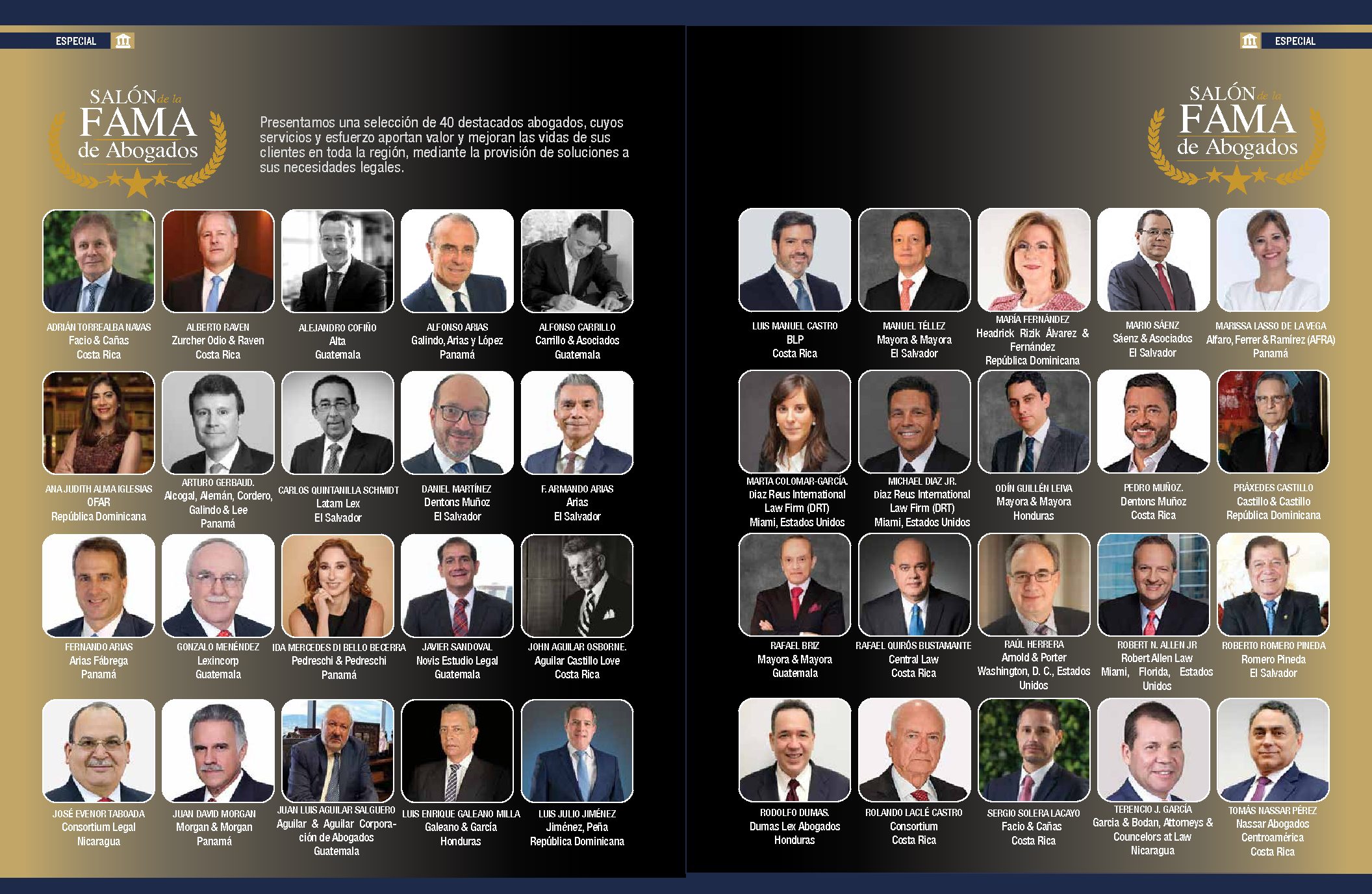The U.S. Court of Appeals for the Eleventh Circuit recently issued an opinion affirming the district court’s denial of Germany’s motion to dismiss the complaint for lack of subject matter jurisdiction in the case of World Holdings, LLC v. The Federal Republic of Germany. This case involves an action to obtain payment on certain bonds issued by Germany. The suit alleges Germany failed to honor payment obligations on bonds marketed and sold in the years following World War I. It is a significant ruling that is being watched closely by thousands of bondholders around the world.
In this article, Chad Purdie explains why Germany could not invoke the “treaty exception” of the Foreign Sovereign Immunities Act to avoid U.S. jurisdiction in this case, and also highlights the need for foreign sovereigns to pay close attention to the language of their treaties before invoking a sovereign immunity defense.
The Eleventh Circuit Court of Appeal recently affirmed a little-known caveat to the Foreign Sovereign Immunities Act (FSIA) – the so-called “treaty exception.” The Eleventh Circuit became the third Circuit Court of Appeal to deal with the issue when it rendered its opinion in World Holdings, LLC v. The Federal Republic of Germany, 2010 WL 3081442 (11th Cir. Aug. 9, 2010). In doing so, it followed precedent and interpreted the exception narrowly. The ramifications – if foreign sovereigns wish to use their one last card to avoid being haled before an American court, their treaty better “expressly conflict” with the FSIA’s provisions.
In World Holdings, Germany sought to avoid payment on a number of pre-World War II bonds by moving to dismiss the case for lack of subject matter jurisdiction. Id. at *1. The history is as follows: In the 1920s and 1930s, Germany offered nearly $200 million in bonds – the Dawes Bonds and the Young Bonds – which were backed by the full faith and credit of Germany. Id. The government negotiated a payment plan in 1953, referred to as the London Debt Agreement (“LDA”). Id. Pursuant to the LDA, a series of measures were also enacted, including the agreement between the Government of the United States of America and the Government of the Federal Republic of Germany regarding the validation of Dollar bonds of German issue (“the Validation Procedures Agreement”). Id.; see also April 1, 1953, 4 U.S.T. 885. The Validation Procedures Agreement specifically stated that “[n]o bond. . . shall be enforceable unless and until it shall be validated either by the board for validation of German bonds in the United States established by the Agreement on Validation Procedures, or by the authorities competent for that purpose in the Federal Republic.” Id. at Art. II. In order to satisfy the validation requirement, a bondholder had to prove that his bonds were held outside Germany on January 1, 1945. World Holdings, 2010 WL 3081442 at *2. The reason for the validation procedure was to avoid pay-outs on bonds that had been unlawfully acquired during the War. Id. at *1.
World Holdings, LLC held a significant number of Dawes and Young bonds, but was unable to receive payment. Germany argued that, although the commercial activities exception to the FSIA had been satisfied (meaning that it was facially amenable to suit in the United States), it was still immune from suit because the Validation Procedures Agreement precluded an action on bonds that had not been validated. In other words, it invoked the “treaty exception.” Id. at *2-*4. Under that exception, a foreign government retains its immunity “when international agreements expressly conflict with the immunity provisions of the FSIA.” Argentine Republic v. Amerada Hess Shipping Corp., 488 US. 428, 442 (1989). Said differently, “[i]f there is an express conflict between the FSIA and such an agreement regarding the amenability of a contracting state to suit in the United States courts, the international agreement prevails.” World Holdings, 2010 WL 3081442 at *3.
However, the Eleventh Circuit held that since the Validation Procedures Agreement merely said that the bonds were unenforceable without validation, and yet was silent as to whether one could file suit before actual validation, Germany could not invoke the “treaty exception” to avoid U.S. jurisdiction. Id. at *4-*5.
The Court’s upholding a narrow interpretation of the exception signifies the need for foreign sovereigns to pay close attention to the language of their treaties – both in their formation and before invoking a sovereign immunity defense. An unwitting foreign country could deem itself immune, while in reality, the language of its own treaty dooms it to U.S. jurisdiction.




































































































































































































































